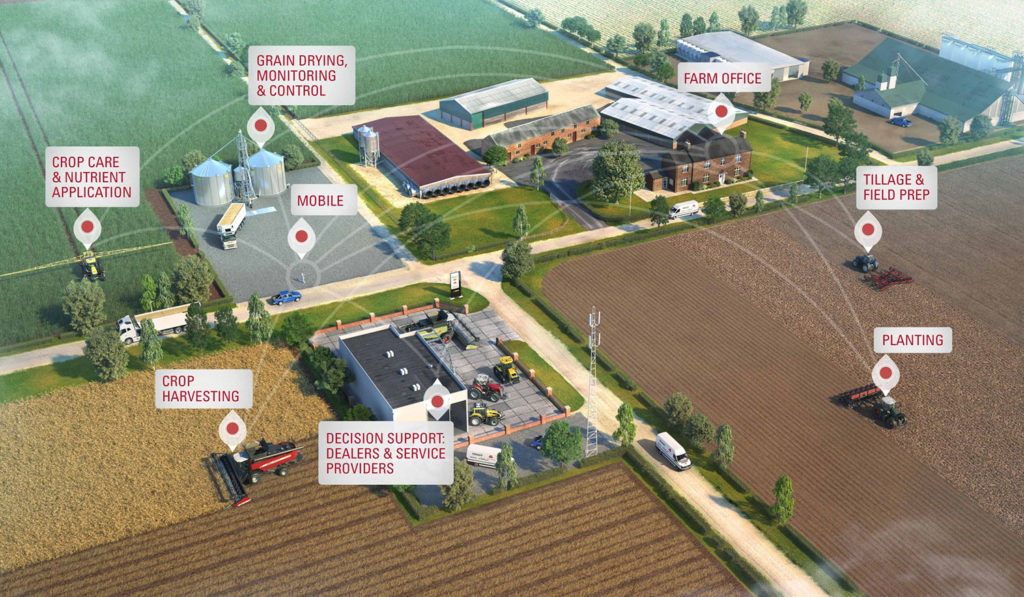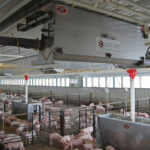Factory Farms Drive Technology Adoption and Sustainability Improvements
By Chris Rhodes There was a refreshing op-ed piece in the New York Times a few weeks ago. Typically when city-based media focus their energy on agriculture, the focus is on organic labels, artisanal foods, and craft beers – forgetting...

Factory Farms Drive Technology Adoption and Sustainability Improvements
By Chris Rhodes There was a refreshing op-ed piece in the New York Times a few weeks ago. Typically when city-based media focus their energy on agriculture, the focus is on organic labels, artisanal foods, and craft beers – forgetting...By Chris Rhodes
There was a refreshing op-ed piece in the New York Times a few weeks ago. Typically when city-based media focus their energy on agriculture, the focus is on organic labels, artisanal foods, and craft beers – forgetting about the real work of feeding a growing population of seven billion people. In the article, author Jayson Lusk talked about how technology is enabling fewer farmers, on less land, with a smaller environmental footprint get the work done to feed more people better food. He highlighted that in the 1950’s farm technology would have required 180 million acres to produce the same amount of soy that is produced on 80 million US acres today, and that it would require a whopping 308 million acres to produce the corn that is currently grown on 80 million acres. Without the technology that creates this kind of efficiency, we would not be able to feed the current population—80% of whom now live in cities.
In addition to the focus on productivity, it was nice to see an article that admits that there is no group of people who love the land more, and are better stewards of the land, than farmers. Jayson points out that the term ‘Factory Farm’ is generally used as a pejorative, but that most farms are actually still owned by families. He also points out that it is precisely the attention to detail, and the scale of the ‘Factory Farm’ that allows for the technology development and use that drives down the ecological cost of farming while still feeding the world. It’s these larger farms that are driving the adoption of technology that reduces the use of water and chemicals and that allows for the low- and no-till cropping that has reduced soil erosion 40% since the 1980’s.
Finally, Jayson alludes to the immense complexity that comes with bringing together a bunch of different types of technology. That complexity remains one of the main stumbling blocks of technology adoption, but not one that can’t be overcome. A continued focus on driving technology through mobile devices and on connecting technology more openly will ensure that the strides we are making with technology will continue to deliver the productivity and environmental benefits we have been seeing over the last couple of decades.
For more information about how AGCO solutions are helping growers large and small become more efficient, visit www.AGCOcorp.com/Fuse.
Chris Rhodes is the Global Director of Commercial ATS (Advanced Technology Solutions) and Partnerships for Fuse®, AGCO’s next generation approach to precision farming. Chris helps ensure the delivery of Fuse technologies and services to our customers and the advancement of the Fuse open approach through industry partnerships and strategic alliances.



